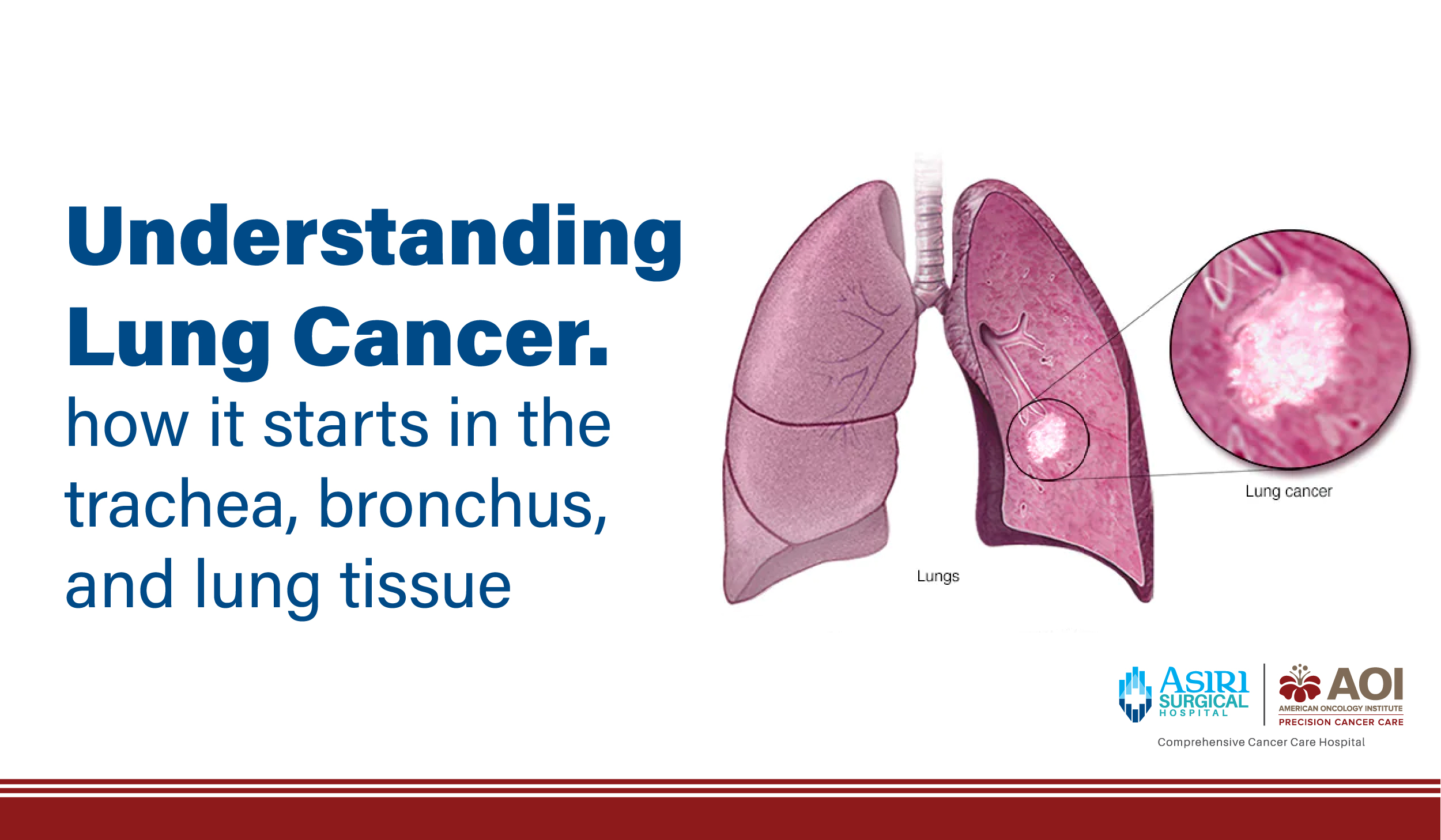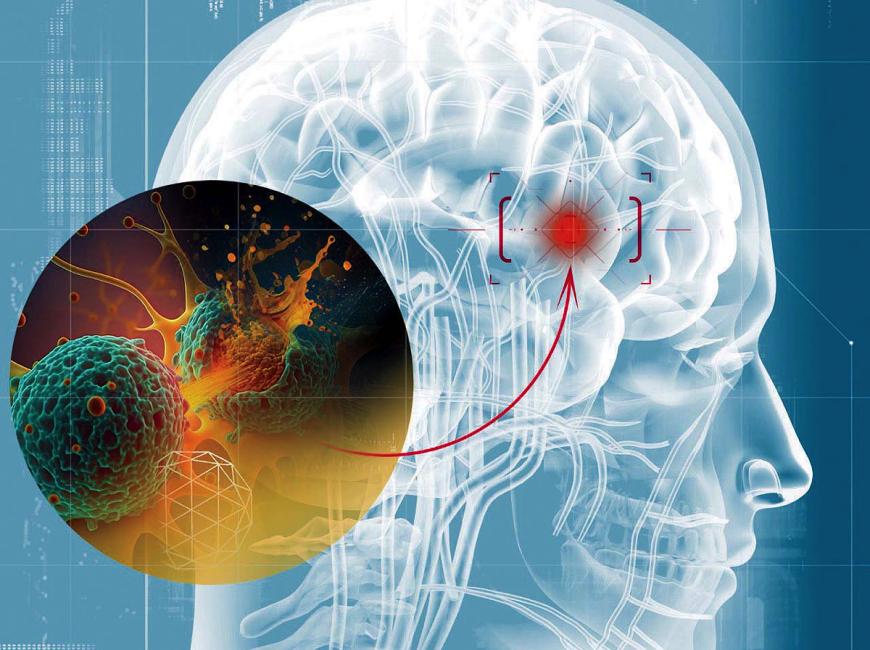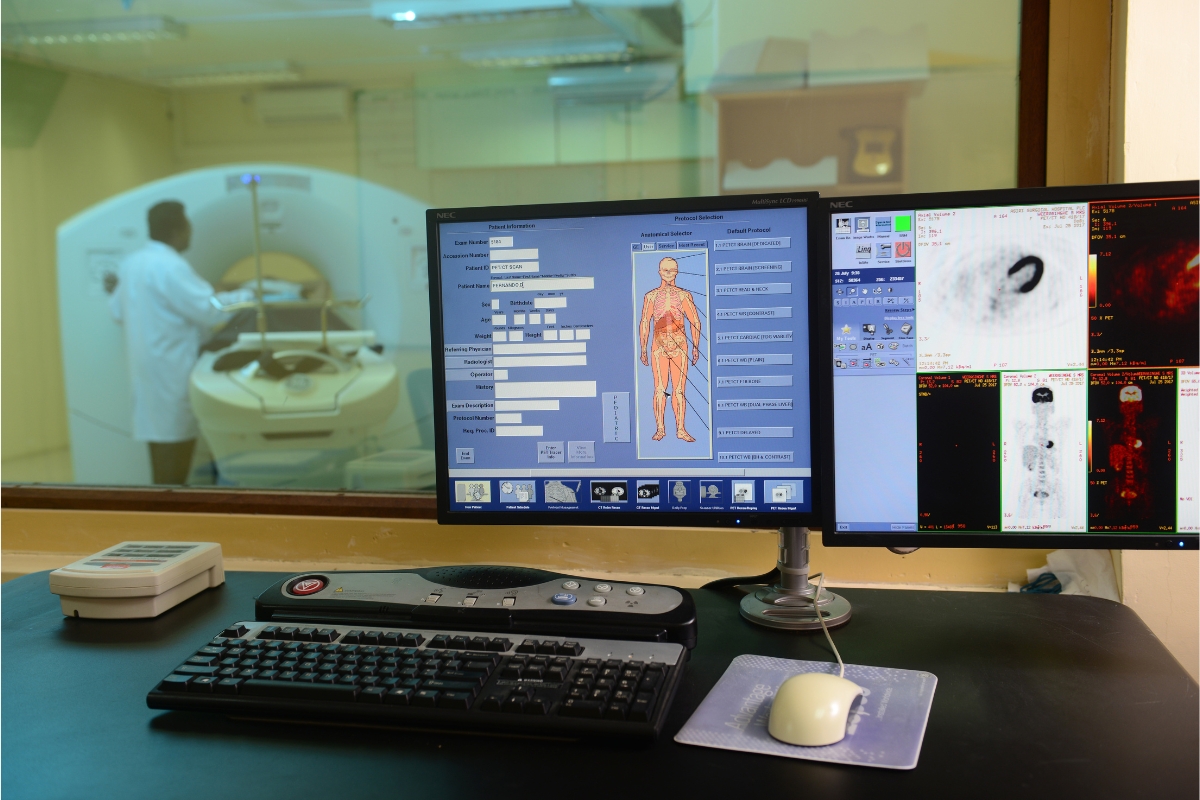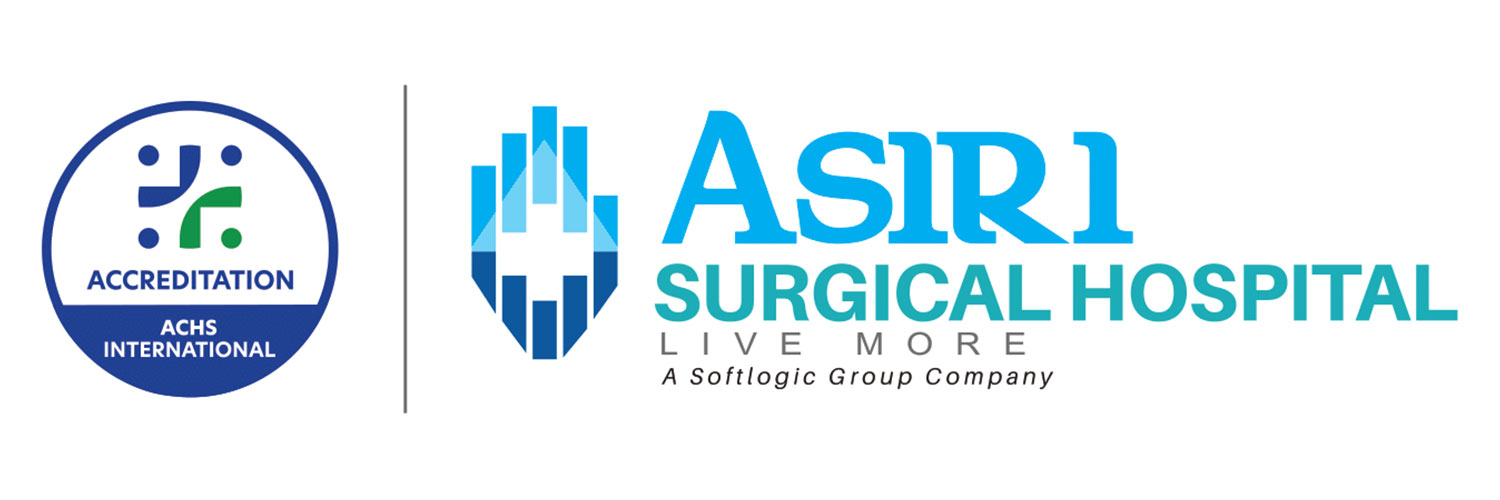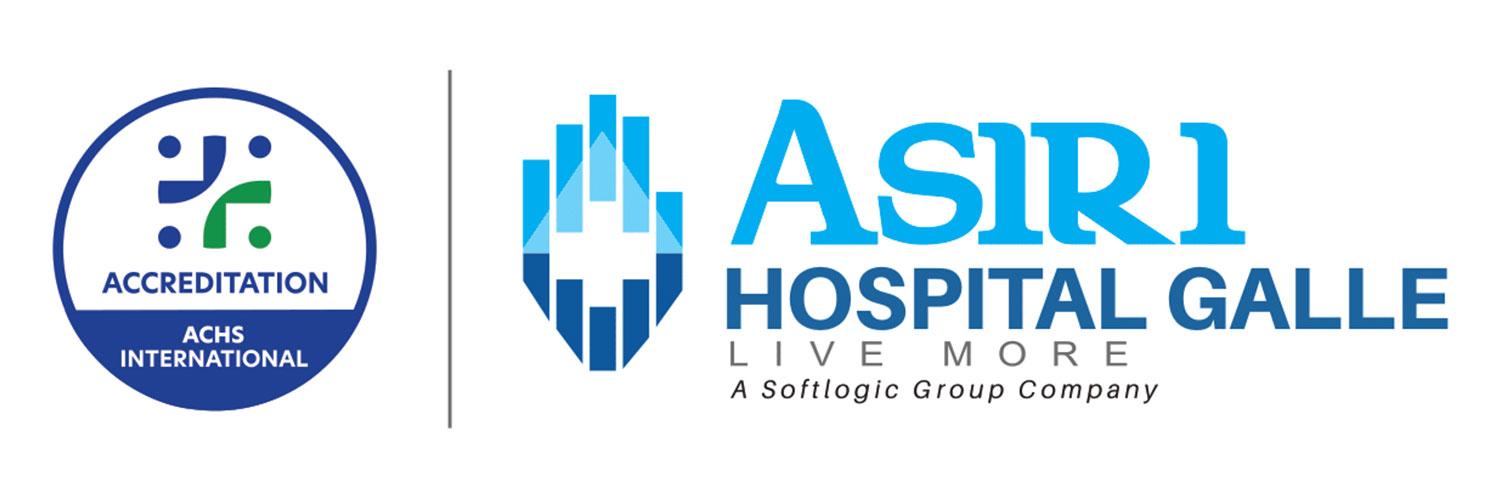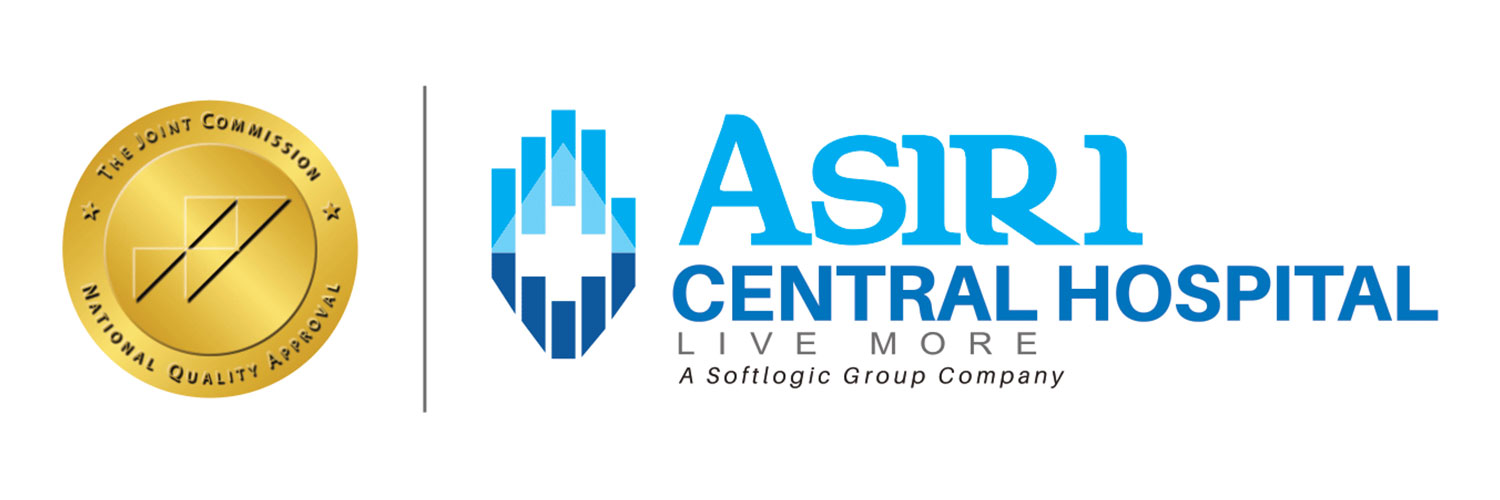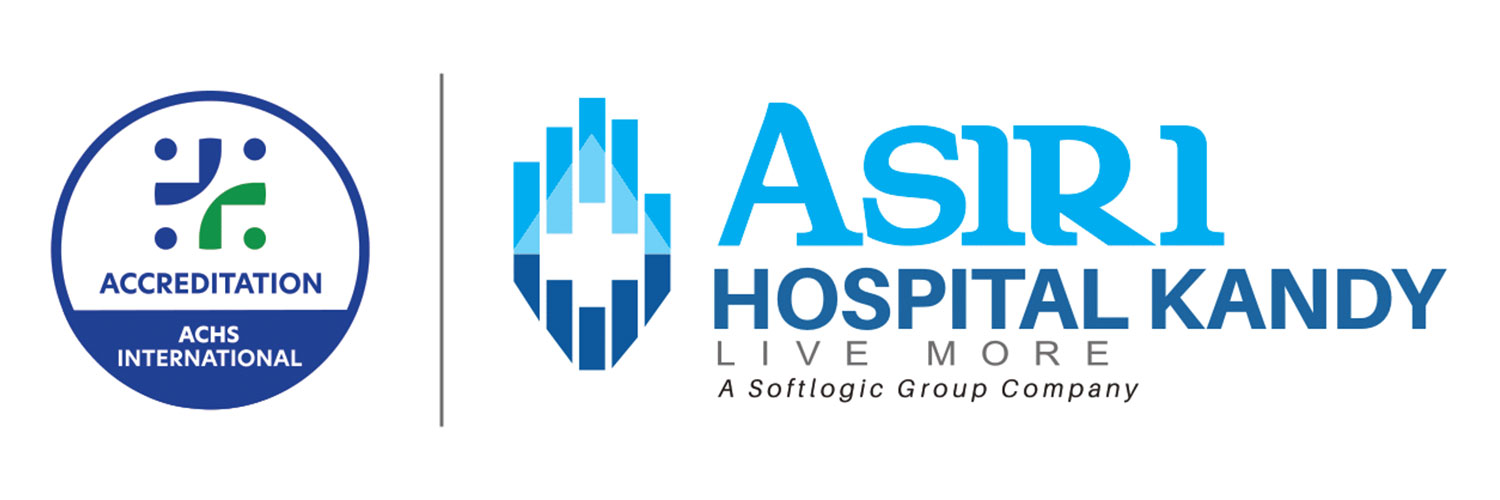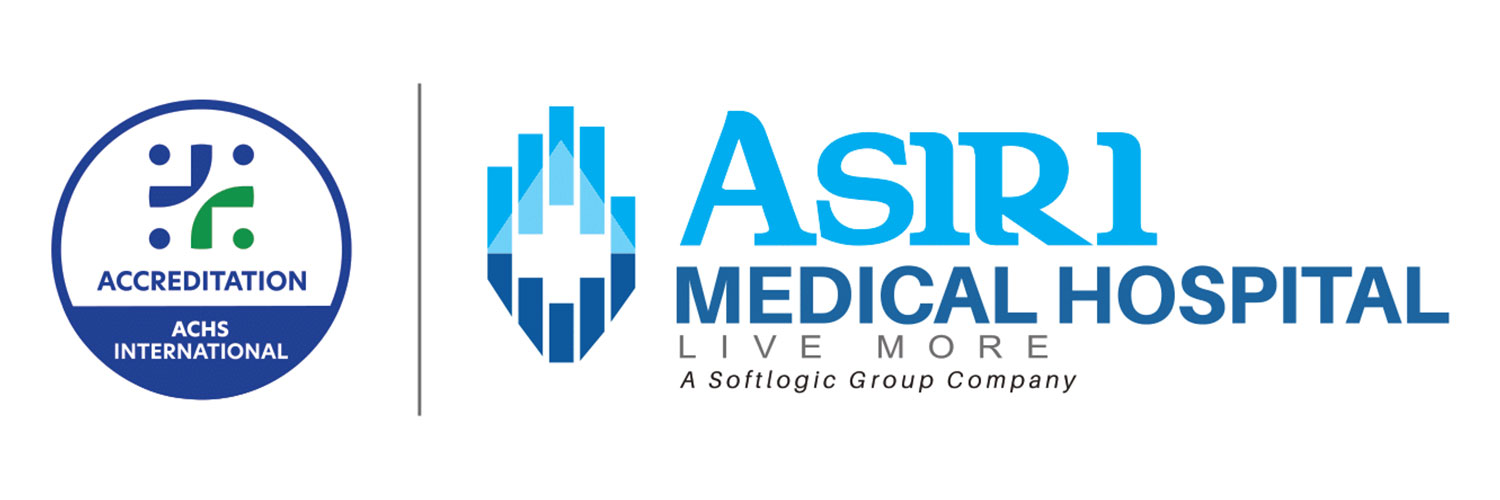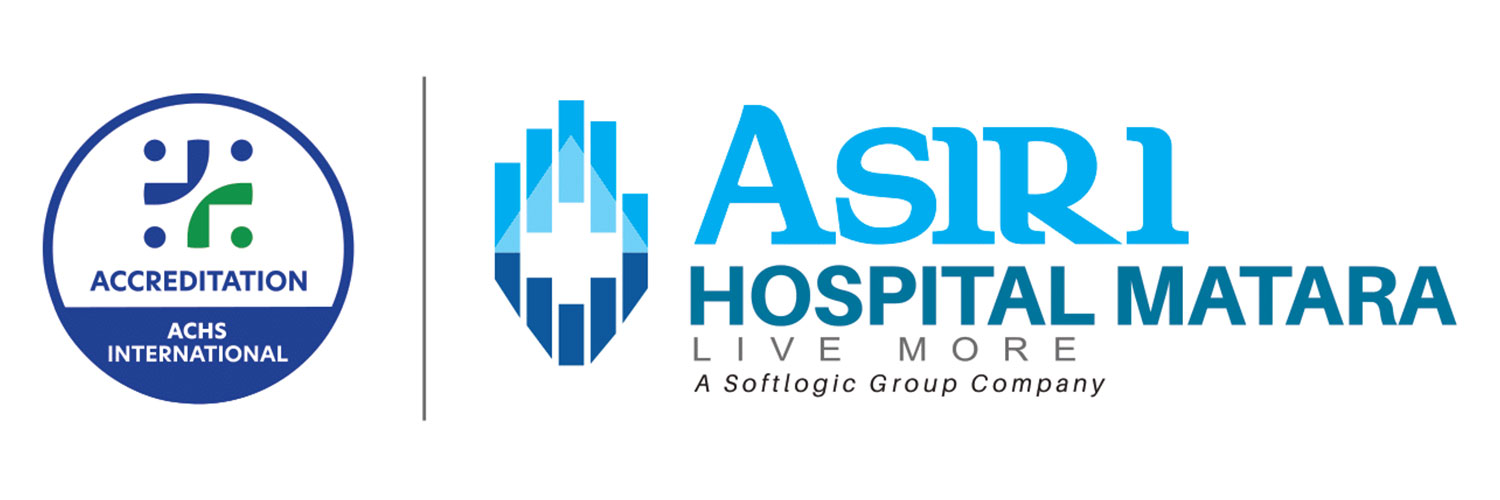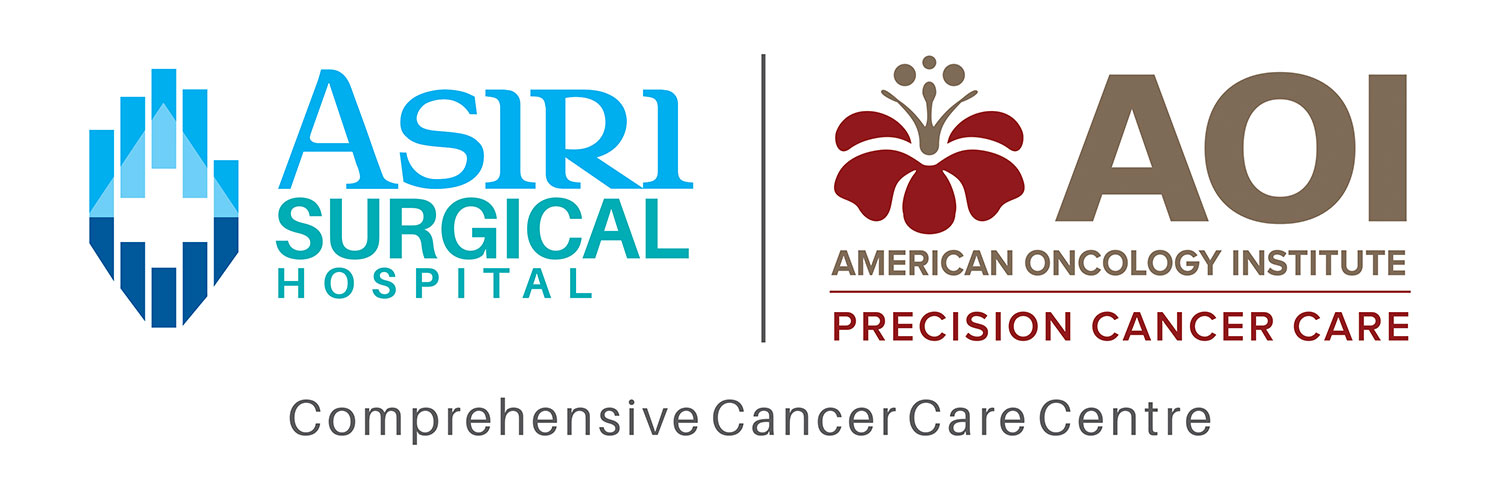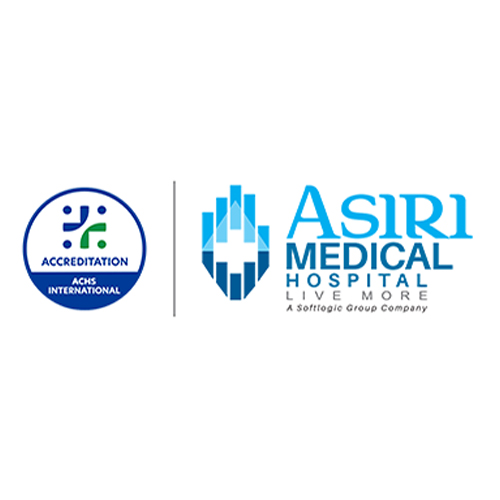November 29, 2024
Understanding Lung Cancer: How It Starts in the Trachea, Bronchus, and Lung Tissue
Lung cancer is one of the most common and serious types of cancer worldwide. It affects millions of people every year, often with devastating consequences if not diagnosed and treated early. At Asiri AOI Cancer Care Hospital, we are committed to raising awareness about lung cancer, its causes, and the cutting-edge treatments available to improve patient outcomes
What Is Lung Cancer?
Lung cancer occurs when abnormal cells grow uncontrollably in the lungs, which are responsible for providing oxygen to the body and removing carbon dioxide. Over time, these cancerous cells can form tumours, impair lung function, and spread (metastasise) to other parts of the body.
The disease primarily affects three key areas of the respiratory system:
- The Trachea (Windpipe): The main airway that connects the throat to the lungs.
- The Bronchus (Bronchi): The large air passages branching off the trachea and leading into each lung.
- Lung Tissue: The soft, spongy material where oxygen exchange takes place.
Understanding how cancer starts and spreads in these areas is crucial for early detection and effective treatment.
How Lung Cancer Starts
Lung cancer typically begins when the cells lining the trachea, bronchi, or lung tissue undergo genetic mutations. These mutations cause the cells to grow uncontrollably, forming a tumour. Over time, the tumour can invade nearby tissues and spread to other parts of the body through the bloodstream or lymphatic system.
1. Cancer in the Trachea
Although rare, cancer can originate in the trachea. Known as tracheal cancer, this form often involves squamous cells, which line the inner walls of the windpipe. Early symptoms may include difficulty breathing, a persistent cough, and wheezing.
2. Cancer in the Bronchus
Most lung cancers begin in the bronchi. This type of cancer, often referred to as bronchogenic carcinoma, is the most common form. It frequently starts in the cells lining the bronchi and can grow rapidly, obstructing airflow and causing symptoms such as persistent coughing, blood in sputum, and chest pain.
3. Cancer in Lung Tissue
Lung tissue is another common site where cancer develops, especially in cases of adenocarcinoma. This type of cancer often originates in the outer regions of the lungs and tends to grow slower than other types, which can make early detection more challenging.
Types of Lung Cancer
Lung cancer is broadly divided into two main types, based on the appearance of the cancer cells under a microscope:
1. Non-Small Cell Lung Cancer (NSCLC)
This is the most common type, accounting for about 85% of cases. NSCLC is further classified into:
- Adenocarcinoma: Starts in the cells that produce mucus in the lungs.
- Squamous Cell Carcinoma: Develops in the cells lining the airways.
- Large Cell Carcinoma: A less common form that can appear in any part of the lung.
2. Small Cell Lung Cancer (SCLC)
This aggressive form accounts for about 15% of lung cancers and is often linked to smoking. SCLC grows and spreads quickly, making early diagnosis and treatment critical.
At Asiri AOI Cancer Care Hospital, our specialists are experienced in diagnosing and treating all forms of lung cancer, using personalised care plans to achieve the best possible outcomes.
What Causes Lung Cancer?
Lung cancer has several risk factors, some of which are avoidable. The main causes include:
1. Smoking
Smoking is the leading cause of lung cancer, responsible for approximately 85% of cases. Tobacco smoke contains carcinogens that damage lung cells and trigger genetic mutations.
2. Second-hand Smoke
Exposure to second-hand smoke can also increase the risk of lung cancer, even in non-smokers.
3. Environmental Factors
Prolonged exposure to pollutants, such as asbestos, radon gas, and industrial chemicals, can contribute to lung cancer.
4. Genetics
A family history of lung cancer can increase susceptibility, even in non-smokers.
5. Chronic Lung Conditions
Diseases like chronic obstructive pulmonary disease (COPD) and tuberculosis may heighten the risk of developing lung cancer.
Symptoms to Watch For
Early detection is crucial for improving survival rates. Common symptoms of lung cancer include:
- A persistent cough that doesn’t go away.
- Coughing up blood or rust-coloured phlegm.
- Shortness of breath.
- Unexplained weight loss.
- Chest pain that worsens with deep breathing.
- Recurrent respiratory infections, such as pneumonia or bronchitis.
If you experience any of these symptoms, it’s important to seek medical attention promptly. At Asiri AOI Cancer Care Hospital, we offer advanced diagnostic tools to detect lung cancer at its earliest stages.
Diagnosing Lung Cancer at Asiri AOI Cancer Care Hospital
Our hospital uses cutting-edge technology and a multidisciplinary approach to diagnose lung cancer accurately. Diagnostic tools include:
- Imaging Tests: CT scans, X-rays, and PET scans provide detailed images of the lungs to identify tumours.
- Biopsy: A sample of lung tissue is analysed to confirm the presence and type of cancer.
- Bronchoscopy: A thin, flexible tube is used to examine the airways and collect tissue samples.
- Molecular Testing: Helps identify specific genetic mutations, enabling targeted treatment plans.
Advanced Treatments for Lung Cancer at Asiri AOI
Asiri AOI Cancer Care Hospital is equipped with state-of-the-art facilities and a team of highly skilled oncologists to provide comprehensive lung cancer treatment. Our approach includes:
1. Surgery
For early-stage lung cancer, surgical removal of the tumour may be an option. Our experienced surgeons use minimally invasive techniques to ensure faster recovery and fewer complications.
2. Radiation Therapy
Using technologies like TrueBeam STx, we deliver precise radiation to destroy cancer cells while sparing healthy tissue.
3. Chemotherapy
Chemotherapy involves using powerful drugs to kill cancer cells, particularly in advanced stages of the disease.
4. Targeted Therapy
This innovative treatment targets specific genetic mutations in cancer cells, offering personalised care with fewer side effects.
5. Immunotherapy
By boosting the body’s natural defences, immunotherapy helps fight cancer more effectively, especially in cases of advanced lung cancer.
Holistic Support for Patients and Families
At Asiri AOI, we understand that cancer treatment can be physically and emotionally taxing. That’s why we provide a range of supportive services, including:
- Counselling: Emotional support to help patients and their families cope with the challenges of cancer.
- Nutrition Plans: Tailored diets to support recovery and enhance overall well-being.
- Rehabilitation Services: Programmes to improve lung function and quality of life.
Why Choose Asiri AOI Cancer Care Hospital?
Asiri AOI Cancer Care Hospital stands out as a centre of excellence in cancer treatment. Here’s why patients trust us:
- Expert Oncologists: Our team includes leading specialists with extensive experience in treating lung cancer.
- Personalised Care Plans: Every patient receives a tailored treatment plan to ensure the best outcomes.
- State-of-the-Art Technology: From advanced imaging to precision therapies, we offer the latest in cancer care.
- Compassionate Support: We prioritise the emotional and physical well-being of our patients throughout their journey.
Lung cancer is a complex disease, but early detection and advanced treatment can significantly improve outcomes. At Asiri AOI Cancer Care Hospital, we are dedicated to providing world-class care for patients with lung cancer, focusing on personalised treatment and holistic support.
If you or a loved one are facing a lung cancer diagnosis, trust Asiri AOI to guide you through every step of the journey with expertise, compassion, and cutting-edge technology. Together, we can work towards a brighter, healthier future.
